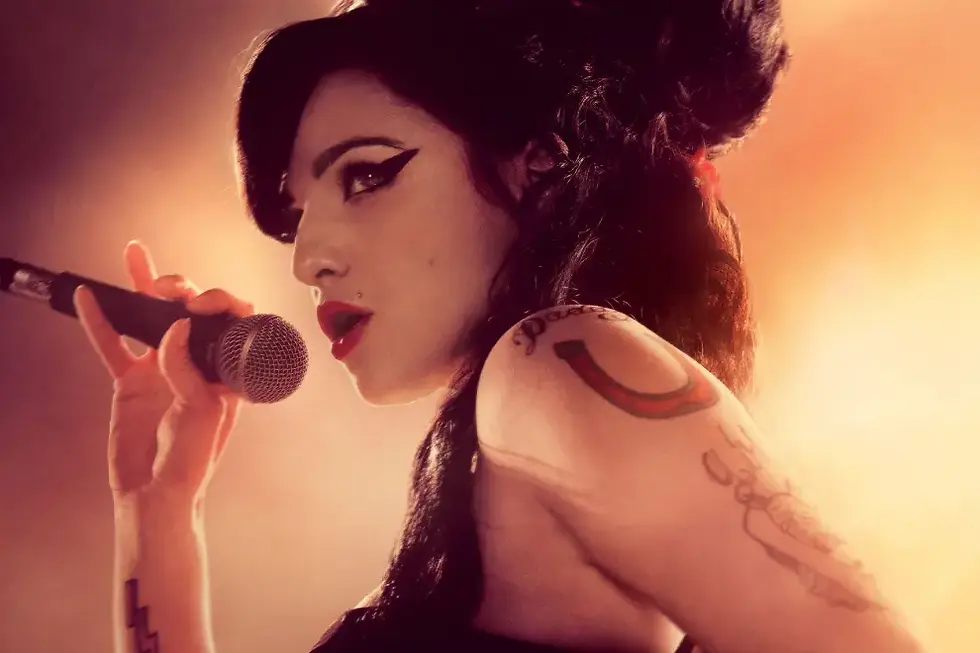Some Thoughts on 'Better Man' From A Robbie Williams fan, of sorts
- Debbie Caven

- Jan 1, 2025
- 2 min read

I'll preface this by stating that I am a Robbie fan of sorts. I wasn’t a Take That fan, and I don't own his albums, but I've always loved his songs and his cheeky chappie persona. I have seen him live, watched his documentary... and one drunken night in Notting Hill, I did stand outside his old apartment and yell, “I love you, Robbie.” Funnily enough, he didn’t rush out and declare his love back to me.
I went to watch Better Man with a slightly sceptical mind about the ‘him as a monkey’ shtick, but as you watch the movie, that becomes the least interesting thing and evolves into a pivotal character. Robbie Williams has always been someone desperate to please, wanting to fit in, and craving the limelight. He is the eternal clapping monkey toy of our youth, looking for love from all around. It's a fitting metaphor.
If you know the main character at all, you know about his boy band beginnings, his falling out with the puppet master of a manager, and other band members, his desperate quest to fit in with the cool kids of the time like Liam Gallagher, and his well-publicized issues with drugs and alcohol. But this movie goes deeper than that. You see the parental expectations and so-called throwaway comments that shaped him. The things that our families say to us as children—good and bad—can have profound consequences on the adults we become. This is especially true of those who have fame thrust upon them at an early age. As the main character states, “When you become famous, you stay at the age you found fame. I'm still 16.”
There are parts of this movie that aren't easy to watch. The main character's descent into the worst of his depression, alcoholism, anxiety, and drug use are all depicted, along with pivotal moments that helped speed up this process. His first experience of adult love and the consequences of that on the road to fame. The fact that the most outward sign of his success—the record-breaking Knebworth shows—were something he dreaded rather than looked forward to. And from personal experience, I was at the Knebworth shows, and it saddens me that he didn't get to enjoy them. As an audience member, I can categorically state that they were phenomenal.
But overall, this is a movie of survival—of perseverance to realise your wildest dreams, of realising that those dreams don’t automatically give you all that you'd hoped for, and of overcoming the personal demons that plague and hold back so many of us. But ultimately, it's a tale of acceptance: accepting yourself and those around you for all their flaws, and learning to love in spite of those flaws. It wouldn’t be a Robbie Williams biopic if it didn’t give you the uplifting finale. That’s the genius of the man as a performer, molded by the cabaret artists of old. If nothing else, Robbie Williams will always put on a show.













Comments